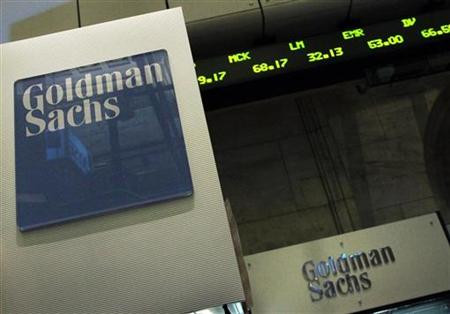Big Banks Including JPMorgan and Goldman Sachs to Stop Analyst Surveys

Investment banks JPMorgan Chase & Co, Goldman Sachs Group and 16 other firms have agreed to stop participating in surveys of analyst sentiment for the time being, as US authorities investigate early access to information used by profit-hungry traders.
As per the agreement, the firms will stop taking part in surveys conducted by "certain elite, technologically sophisticated clients," New York Attorney General Eric Schneiderman said in a statement.
Other firms that reached agreement included Merrill Lynch, UBS Securities LLC, Barclays Capital Inc., Citigroup Global Markets Inc., Credit Suisse Securities (USA) LLC, Morgan Stanley & Co. LLC, Deutsche Bank Securities Inc., Jefferies LLC, Stifel, Nicolaus & Company, Inc., Sanford C. Bernstein & Co., LLC, Keefe, Bruyette & Woods, Inc., Thomas Weisel Partners, Macquarie Group, Vertical Research Partners, FBR Capital Markets & Co. and Wolfe Research, according to the statement.
In January, New York signed a similar accord with BlackRock Inc., the world's largest asset manager, to end a programme in which it systematically surveyed analysts on firms they cover.
In 2013, Schneiderman's office had secured an interim agreement with financial information giant Thomson Reuters to discontinue its practice of providing high-frequency traders with a two-second sneak peek at certain market-moving consumer survey results.
The agreements were part of New York's measures to control traders who access market-moving information early, resulting in significant trading advantages.
"Our markets will only be fair and healthy if everyone plays by the same rules, which is why we will continue to take action against those who provide unfair advantages to elite traders at the expense of the rest of us. I applaud these firms for their leadership and cooperation," Schneiderman said in a statement.
In September 2013, he highlighted the threat to financial markets posed by the toxic combination of high-frequency trading, the potentially illicit sale of early access to market-moving information, and so-called "front-running" schemes that major hedge funds use to get early access to analyst reports.
He added that this kind of "insider trading' undermines confidence in the markets by setting up a small minority of traders to receive enormous profits at the expense of the rest of the market.
© Copyright IBTimes 2025. All rights reserved.






















